We had previously commented on the American co-chair of the OSCE Minsk Group Ambassador James Warlick’s statement on the issue of peace in Nagorno-Karabakh. Ambassador Warlick had delivered a speech at the Carnegie Endowment for International Peace on May 7. In his speech, he outlined what he indicated was the US policy towards the peaceful resolution of the Nagorno-Karabakh conflict. The US State Department later on confirmed that Ambassador Warlick’s statement indeed reflected the US state policy towards the Nagorno-Karabakh conflict.
On May 11, on the occasion of the twentieth anniversary of the ceasefire agreement that ended armed clashes in Nagorno-Karabakh on 12 May 1994, the three co-chairs of the Minsk Group issued a joint statement on the Nagorno-Karabakh conflict. Portrayed as being a joint-statement reflecting the position of the three co-chairs, the statement is mostly a copy-paste version of the statement issued by Ambassador Warlick four days earlier. This, in essence, is susceptible to be construed as that France and Russia adopted the position of the United States in terms of the Nagorno-Karabakh conflict. It is curious that the US and Russia, who are locked in a heated dispute over another regional conflict that may show parallels to the conflict in Nagorno-Karabakh, have managed to come to an agreement on the Nagorno-Karabakh conflict and in so doing effectively sidelined the conflict.
In essence, the joint statement of the co-chairs highlights the same points that Ambassador Warlick had previously highlighted. In the joint statement, the co-chairs underlined the following six points: (1) the return of the occupied territories surrounding Nagorno-Karabakh to Azerbaijan, (2) providing an interim status for Nagorno-Karabakh that guarantees security and self-governance, (3) creation of a corridor linking Armenia to Nagorno-Karabakh, (4) determining the final status of Nagorno-Karabakh by a legally-binding expression of will, (5) the return of all internally-displaced persons and refugees to their original place of residence, and (6) providing international security guarantees that include a peacekeeping operation. Points (1), (4), (5) and (6) are constructive proposals in terms of finding an equitable and peaceful resolution to the Nagorno-Karabakh conflict.
In point (2), the co-chairs indicated that the Nagorno-Karabakh region must be provided with the right for self-governance. In this point, just like Ambassador Warlick, the co-chairs jointly failed to explicitly indicate that Nagorno-Karabakh is legally a part of Azerbaijan and is currently under Armenian occupation, and must therefore be returned to Azerbaijan.
In the more sensitive point (3), the co-chairs indicated that a corridor must be established linking Armenia and Nagorno-Karabakh. The co-chairs, just like in the case of Ambassador Warlick, did not come up with an equally important and balancing proposal for the creation of a similar corridor that would connect Azerbaijan with its exclave Nakhchivan, which is cut off from the rest of Azerbaijan by Armenia. In the spirit of an equidistant stance, co-chairs at the very least should have proposed such a corridor that would balance the similar predicament of Azerbaijan. By not doing so, the co-chairs’ joint statement - just like Ambassador Warlick’s - is prone to be construed as reflecting bias in favor of Armenia.
In our comment for Ambassador Warlick’s statement, we had indicated that his statement demonstrated that there is a certain disregard for the interests and problems of Azerbaijan over the Nagorno-Karabakh conflict. The same can be said for the joint-statement of the co-chairs. The co-chairs should have sought the counsel of the other members of the Minsk Group before issuing such an important statement regarding the Nagorno-Karabakh conflict, yet they did not do so. Therefore, the last part of our comment on Ambassador Warlick’s statement has become even more valid: In view of both statements, and in view of the recent international political conjecture; the co-chairs of the Minsk Group are, at least from the point of view of Turkey, beginning to lose their capacity to represent the views and core principles of the Minsk Group.
© 2009-2025 Center for Eurasian Studies (AVİM) All Rights Reserved
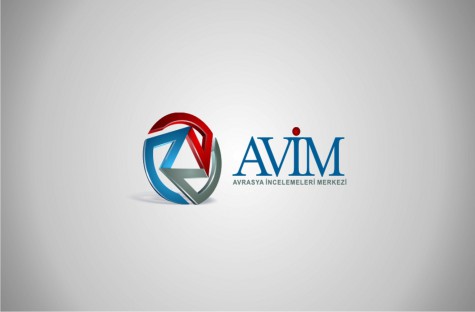
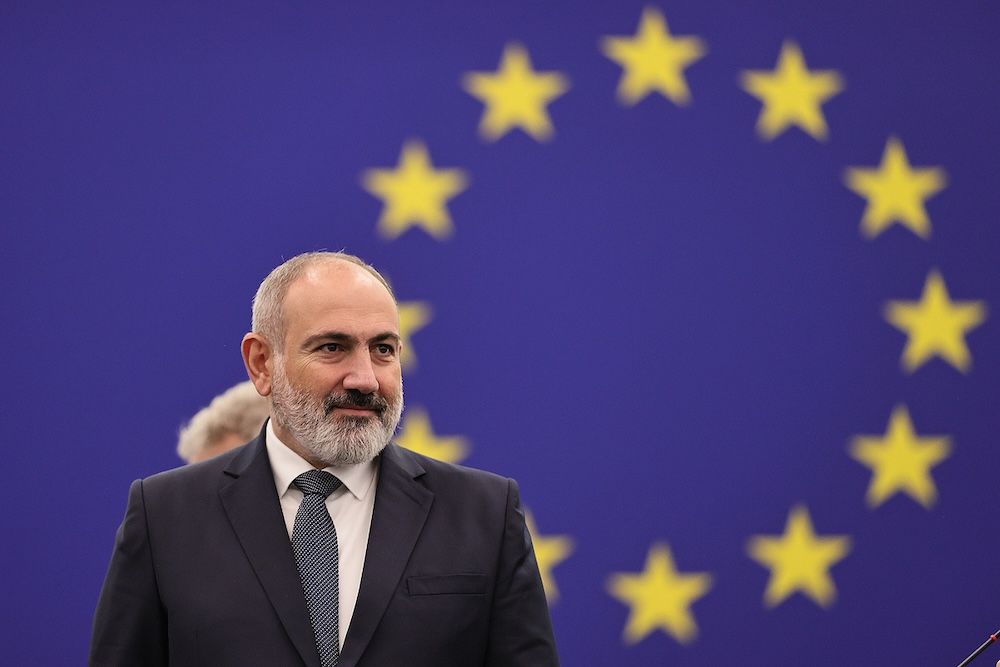 AZERBAIJAN-ARMENIA PEACE TREATY PROCESS AND ATTEMPTS TO UNDERMINE TÜRKİYE-AZERBAIJAN RELATIONS
AZERBAIJAN-ARMENIA PEACE TREATY PROCESS AND ATTEMPTS TO UNDERMINE TÜRKİYE-AZERBAIJAN RELATIONS
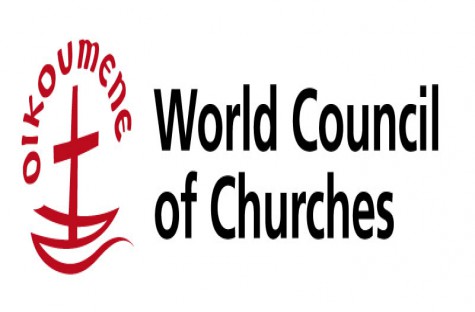 WHAT IS THE WORLD COUNCIL OF CHURCHES?
WHAT IS THE WORLD COUNCIL OF CHURCHES?
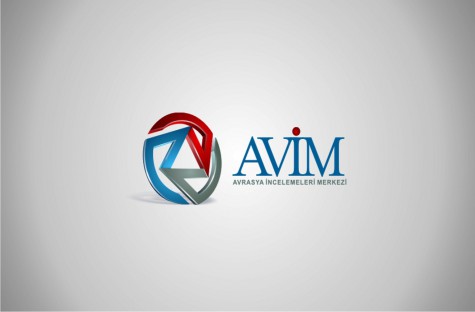 AMBASSADOR WARLICK’S SIX POINTS REGARDING PEACE FOR NAGORNO-KARABAKH
AMBASSADOR WARLICK’S SIX POINTS REGARDING PEACE FOR NAGORNO-KARABAKH
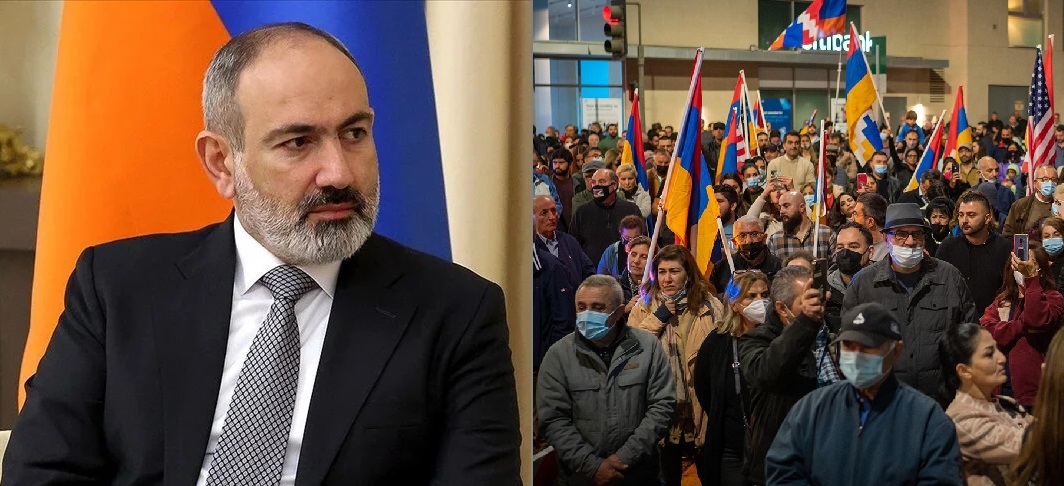 THE DIVERGENT AGENDAS OF THE ARMENIAN GOVERNMENT AND THE DIASPORA
THE DIVERGENT AGENDAS OF THE ARMENIAN GOVERNMENT AND THE DIASPORA
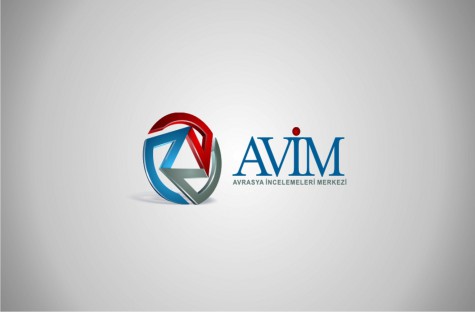 THE ECHR PERINCEK V. SWITZERLAND CASE: THE GRAND CHAMBER HAS RULED IN FAVOR OF DOGU PERINCEK
THE ECHR PERINCEK V. SWITZERLAND CASE: THE GRAND CHAMBER HAS RULED IN FAVOR OF DOGU PERINCEK
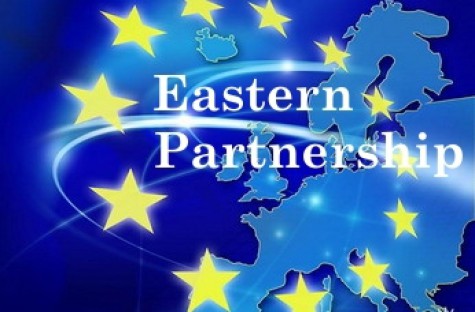 EUROPEAN UNION EASTERN PARTNERSHIP POLICY AND RUSSIA’S INCREASING INFLUENCE
EUROPEAN UNION EASTERN PARTNERSHIP POLICY AND RUSSIA’S INCREASING INFLUENCE
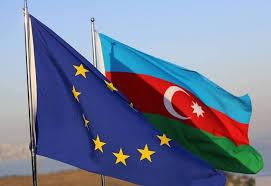 THE RENEWAL PROCESS OF EU-AZERBAIJAN PARTNERSHIP AGREEMENT POINTING TO WHAT?
THE RENEWAL PROCESS OF EU-AZERBAIJAN PARTNERSHIP AGREEMENT POINTING TO WHAT?




























